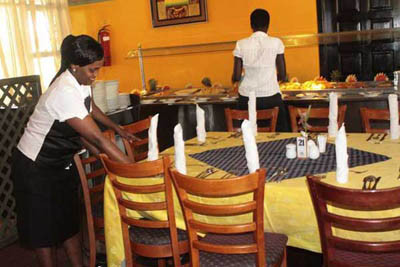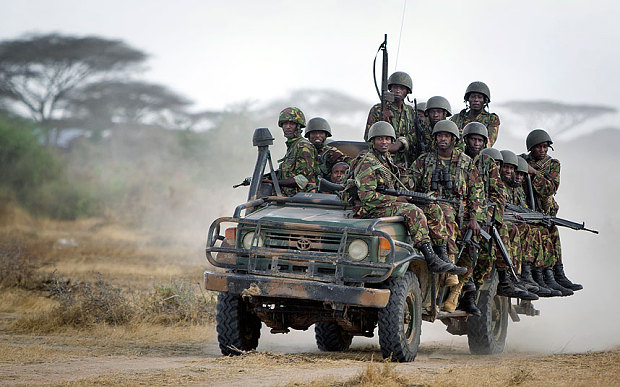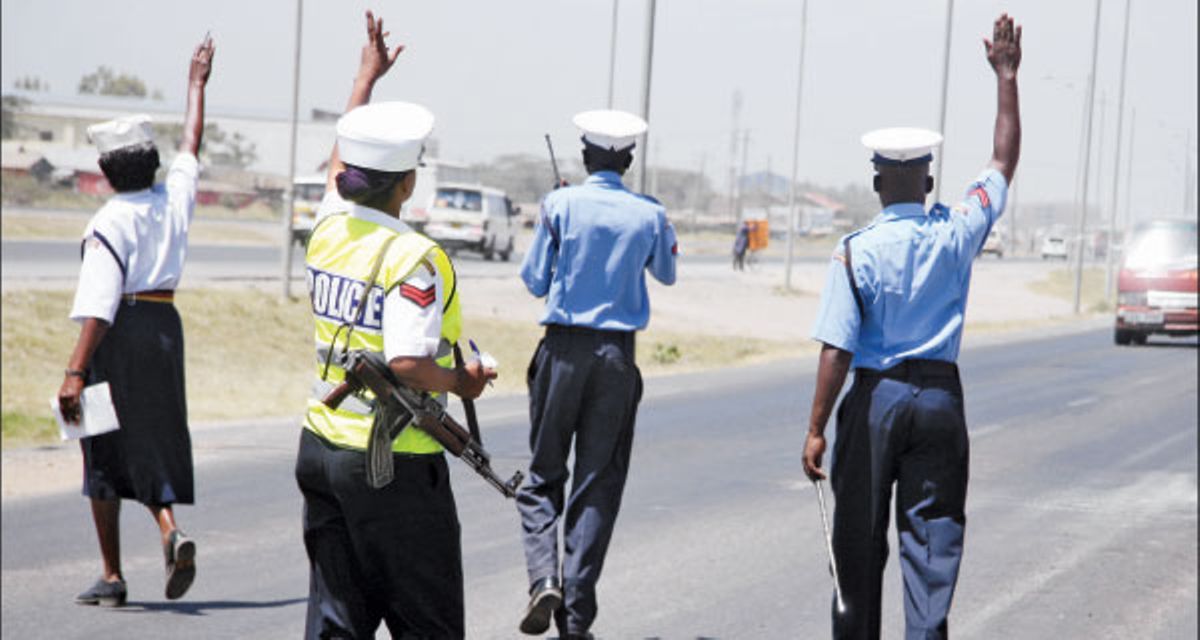Mental health is closely associated with one’s occupation since most adults spend more hours at the workplace. Lack of work-life balance can also be a trigger to certain mental illnesses.
Several researchers have investigated the occupational characteristics related to mental health such as work stress, long and unpredictable hours and job demands. The key findings revealed that people in certain occupations are more prone to mental disorders.
Below are 7 professions that are more prone to mental disorders.
Food Service Staff/Waiters

Long hours of work and low pay are the main reasons why waiters fall into depression. Moreover, the customers can be rude to the extent of physical exertion and abuse. They have less control over what they do as the nature of the work entails being told what to do.
Health workers

Doctors and nurses are reported to be the highest profession prone to stress. Healthcare workers can have long, irregular working hours and days during which other people’s lives are literally in their hands.
Every day they see different cases of illnesses, trauma, accidents and deaths. With little or zero mental health service their work experience can lead to mental disorder.
{ Read: The health benefits of sports }
Artists, Entertainers, Journalists

These are very lonely jobs that come with irregular paychecks and unpredictable working hours. The nature of these professions requires creativity and processing a lot of information, which brings about high rates of mood disorders.
Moreover, the lifestyle of people in these jobs tends to be destructive such as heavy alcohol drinking and smoking.
And sometimes, journalists, for instance, have to tackle issues involving trauma, which can, in turn, affect them as well.
About four years ago, Media Council of Kenya was forced to make a psychological intervention to enhance the physical and psychological safety, health and wellbeing of journalists, who had covered deaths, destruction of property and violence during ethnic clashes and terrorist attacks are seriously exposed to trauma, and thus need support to enhance the development of responsible and responsive journalism.
Teachers

This high demanding job comes with a poor paycheck. With a huge shortage of teachers, the pressure to teach many pupils and students, mark tests and exams, give out homework together with doing follow-ups with parents can cause an individual to forget the reason they got into the field.
Further, some parents and students can be a handful to handle causing more stress to the teachers who carry most of the blame.
Salespeople

They say being a salesperson, one must not be of a faint heart. Many of salespeople are paid on commission, that is, the more products you sell the more the earnings and vice versa. This means one can never be sure when the next paycheck is coming.
{ Read: 5 Simple physical exercises to ease depression }
Salespeople travel a lot, speak to many people who at times tend to be very rude. The tremendous pressure to perform and long hours and uncertainty of income can lead to mental health illnesses.
The Uniformed Services

The police and military personnel are very vulnerable to mental disorders. Not only do they work for long hours and away from their families, but they also have to deal with the pressure of keeping the country safe by arresting or killing hard-core criminals and terrorists.
Many of the Kenyans troops fighting al Shabaab in Somalia, for instance, return home suffering from mental breakdowns. According to a recent Washington Post report, they suffer double jeopardy because instead of being treated for post-traumatic stress disorder, they are often jailed and court-martialed when they try to rejoin their battalions.
The stress builds up in the brain, because in addition to manning sweltering checkpoints and fighting in dusty trenches across Somalia’s southernmost states, intensifying money problems at home lead to domestic problems.
Police officers also do not have the best paycheck and often live in worse conditions. These pressures can lead to a person developing mental illnesses if not counselled.
Recently, the government introducing housing allowances to enable officers seeking accommodation outside police lines but they say the money is not adequate.
Social Workers

These are individuals who work with NGOs, for example, Kenya Red Cross, to help communities especially in crisis times. The experience in this job, includes seeing people being injured or dead.
{ See also: 10 million Kenyans are mad, new health report shows }
Seeing people suffering can affect the psychological well-being of an individual. It is, therefore, of importance that people in this profession seek counselling as often as possible.






![President William Ruto during the launch of Climate WorX in Nairobi. [Photo/PCS]](https://businesstoday.co.ke/wp-content/uploads/2024/10/President-William-Ruto-during-the-launch-of-Climate-WorX-in-Nairobi-1-e1727761613802.png)






2 Comments